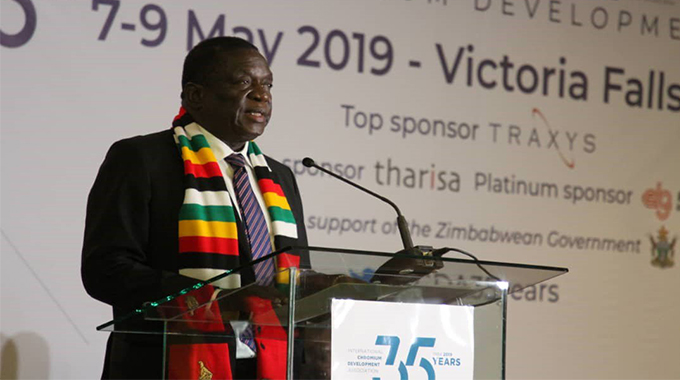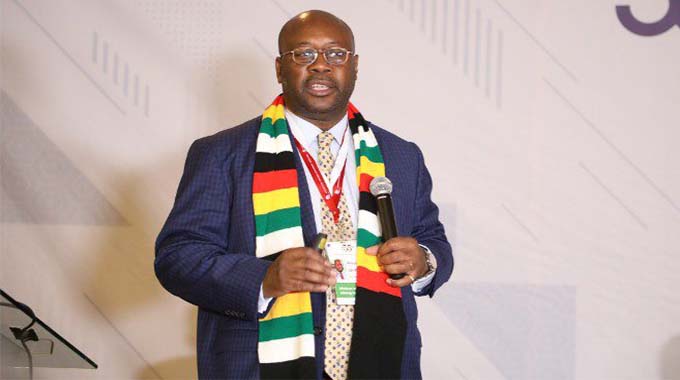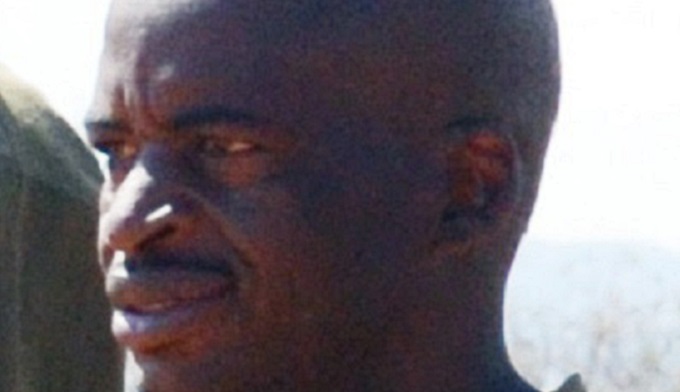EDITORIAL COMMENT: Sadc’s position on ivory trade should be supported

President Mnangagwa has implored the Kavango-Zambezi Transfrontier Conservation Area (KAZA TFCA) nations to stick to their collective position on sustainable elephant conservation management and reject machinations by powerful nations to impose a ban on legal ivory trade as this disregards spirited efforts and investments by the affected nations.
President Mnangagwa said this while addressing delegates at the Kasane Elephant Summit 2019 in Botswana on Tuesday where two other African leaders spoke strongly about the need for Southern African nations to benefit from their natural resources.
“As we approach CITES (Convention on International Trade in Endangered Species of Fauna and Flora), let us therefore, resolutely affirm our collective position on sustainable elephant conservation management. Let us boldly speak with one voice, in the best interest of our communities. The ‘one size fits all’ banning of everything under CITES, disregarding the good efforts and investments by our respective Governments is neither sustainable nor desirable,” said President Mnangagwa.
KAZA TFCA countries are Angola, Botswana, Namibia, Zambia and Zimbabwe and have a combined population of more than 250 000 elephants which is 75 percent of the world’s jumbo population.
President Mnangagwa said the global community should consider the voices and concerns of countries that are successfully conserving elephants.
He said poverty eradication, economic empowerment and the improvement in the quality of life of rural communities can only be enhanced if countries are allowed to trade and benefit from their natural resources.
Speaking ahead of the Kasane Elephant Summit, Botswana’s Minister of Environment, Natural Resources and Conservation Mr Onkokame Mokaila said the biggest threat to successful wildlife conservation and to economic wellbeing in Africa was the dictation of outsiders (Western and animal rights groups) to Africa on how it should manage and use its wildlife as if Africans do not know how to do it themselves.
“We have abundant natural resources in Africa including wildlife and it is us as sovereign African states who should decide how to manage and use them,” said Minister Mokaila.
He said natural resources (including wildlife such as elephants) should benefit the people who share the same land with them. Southern Africa, as already alluded to, is home to 75 percent of the world elephant population and should be allowed to decide how to manage and use their elephants.
It is only when people derive benefits from their natural resources that they can participate in their conservation.
Proceeds from natural resources such as elephants have over the years been used to fund community projects such as building clinics, roads, bridges and other such projects meant to empower communities and improve their quality of life in the different African countries.
Western countries that are genuinely committed to wildlife conservation should therefore support Southern African governments’ position to allow elephant hunting and legal ivory trade so that communities benefit from their natural resources.











Comments